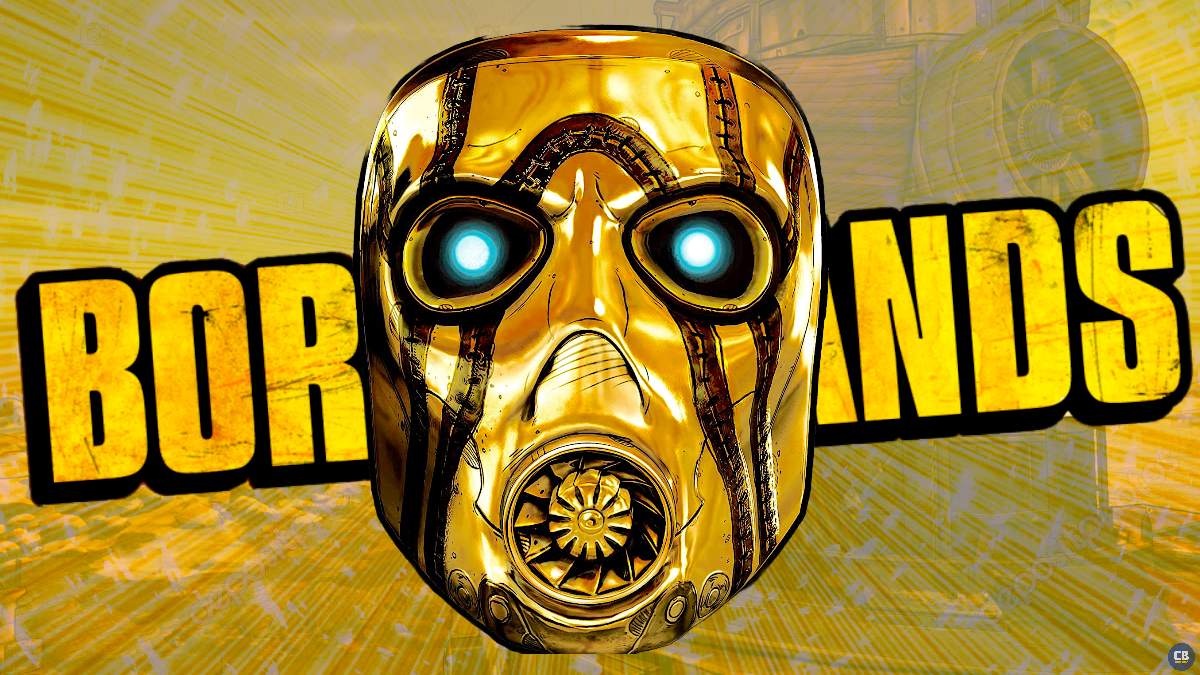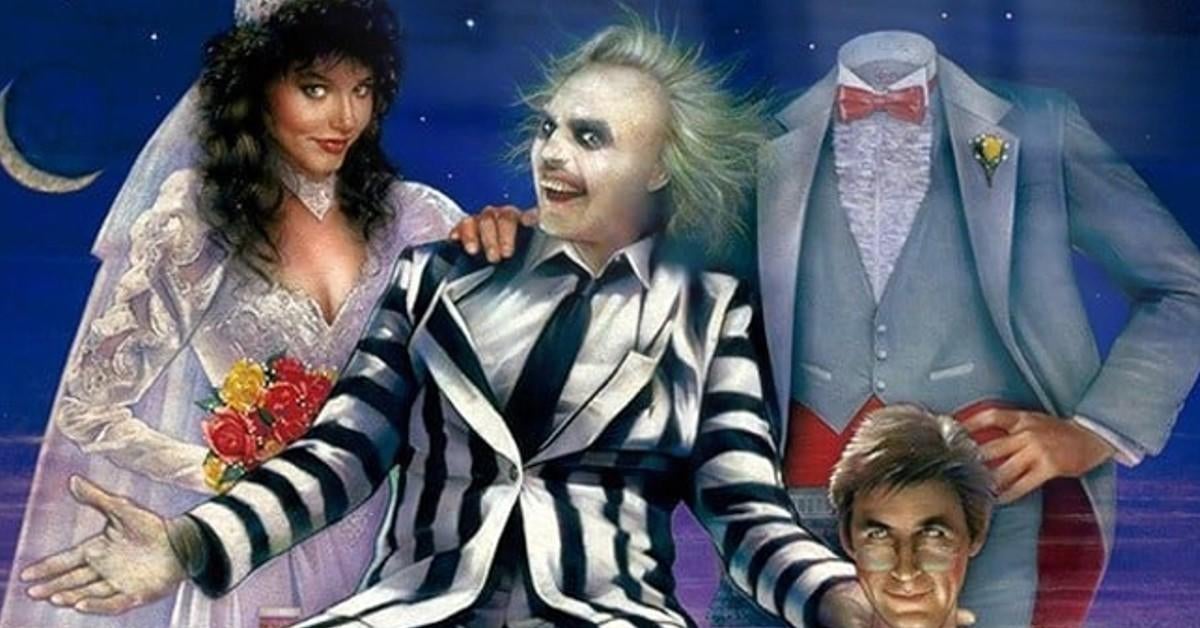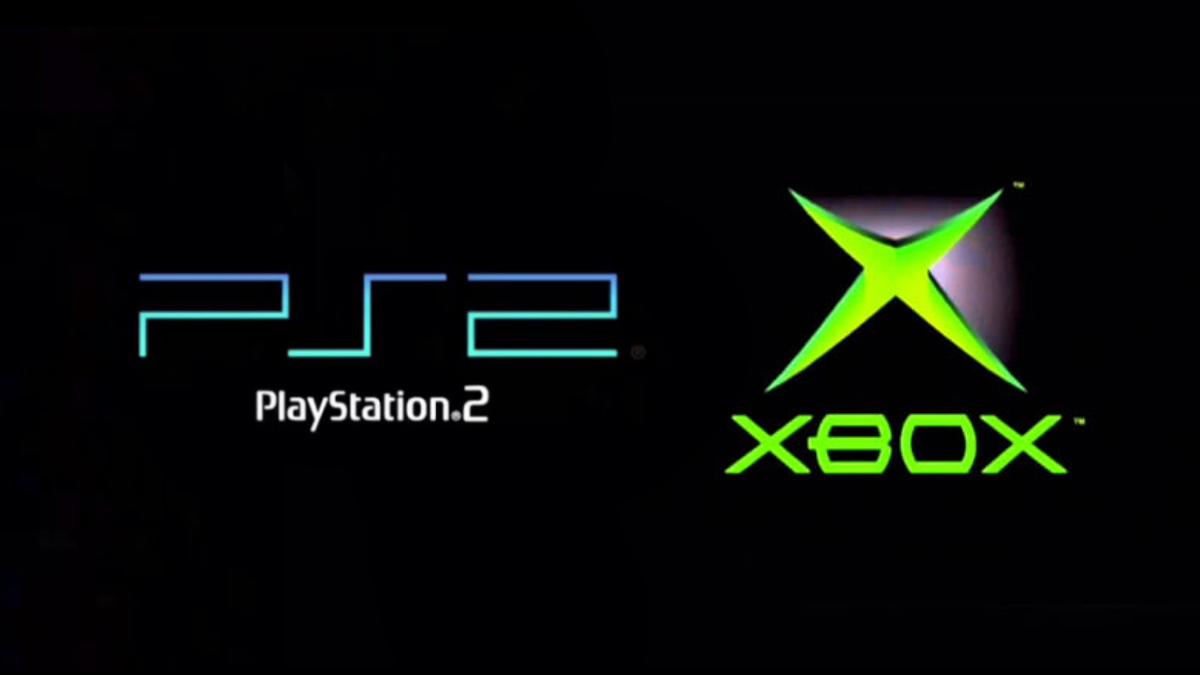Critic Blasts Avengers, Compares Dark Knight Rises Director To A Terrorist
In a recent interview with The Wrap, controversial film critic David Denby of the New Yorker [...]

In a recent interview with The Wrap, controversial film critic David Denby of the New Yorker expressed disdain for superhero movies in general, and this year's two biggest films in particular. His comments were part of a larger critique of Hollywood in general, but focusing on a certain popular genre will almost certainliy land him in the same hot water with the Internet that David Cronenberg's comments on The Dark Knight Rises did back when the film was in theaters. "The big studios have broken their unspoken, unwritten contract with America, to offer some version of the country's soul," Denby said. "Instead there is more and more fantasy and more and more pixilated fighting in the dead air of digital space." It was The Dark Knight director Christopher Nolan for whom Denby had the harshest, most explicit criticism, though. "I can't tell if he's against terrorism or is a terrorist, I felt terrorized myself. The plot didn't make sense in time or space and wasn't sequential. Acts didn't have consequences," Denby said. It isn't the first time Denby has had some viewing comprehension issues when it comes to whether a popular filmmaker was being serious or satirical. In his review of Quentin Tarantino's Inglorious Basterds, the critic wrote, "Whether the Basterds are Tarantino's ideal of an all American killing team, or his parody of one, is hard to know. Very little in Basterds is meant to be taken straight, but the movie isn't farce either. It's lodged in an uneasy nowheresville between counterfactual pop wish fulfillment and trashy exploitation, between exuberant nonsense and cinema scholasticism.... The cinema it seems is both innocent and heroic; it creates great art and it will end the war." At the time, author Geoff Klock sharply criticized Denby in an open letter, saying in part that "I think comic book fans are faster to get what Tarantino is doing, partly because comic books go to a lot of trouble to create a kind of detailed secondary world (and fans help with that project) and also because the characters inside walk that line you describe: The Silver Surfer and Beta Ray Bill for example, or Kirby's New Gods could be described equally as ideals or parodies. The difference in communities is that comic book fans don't see this as an 'uneasy nowhere' -- there is a energizing dissonance, a sense that anything could happen and be somehow justified aesthetically. 'Exuberant Nonsense' is a great phrase and I wish you meant it in a complementary way, as Blake did when he said 'Exuberance is Beauty' or the critic Stephen Booth did when he described the best poetry as 'Precious nonsense.'" Denby continued this week, "I don't know what comment he's making in Inception, it seems to be mainly about his own working style. I'm not sure they're creating an adult audience with Batman and The Avengers parts seven, eight, nine and 10. After five sequels, I'm not sure there will be any interest in seeing a man and woman talking at a table, which may be the most exciting kind of drama, but you have to cultivate a taste for that kind of complexity." It's easy to see what his concern is, but it's probably worth noting that the "man and a woman talking at a table" model of superhero storytelling has actually become more, not less, popular over in comics years of storytelling as the universe has become richer and more textured and the audience somewhat more discerning and enamored of the characters instead of just the big, flashy visuals.




